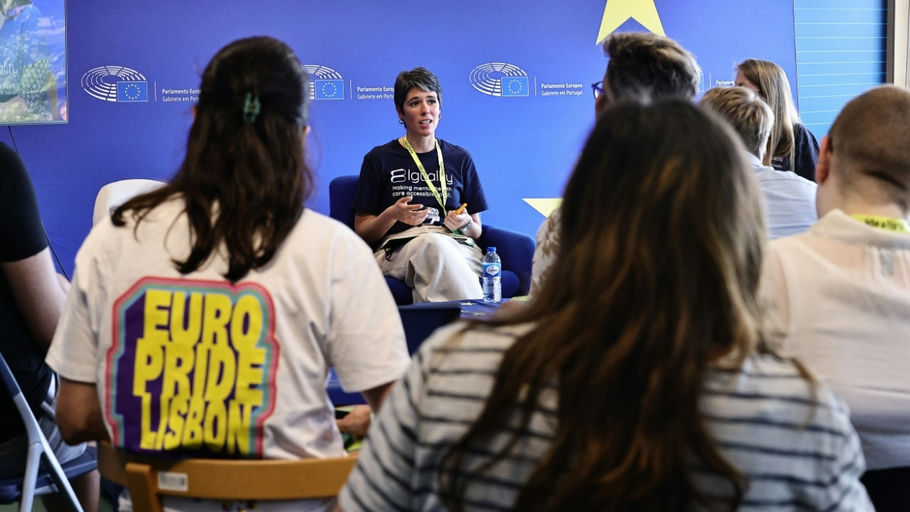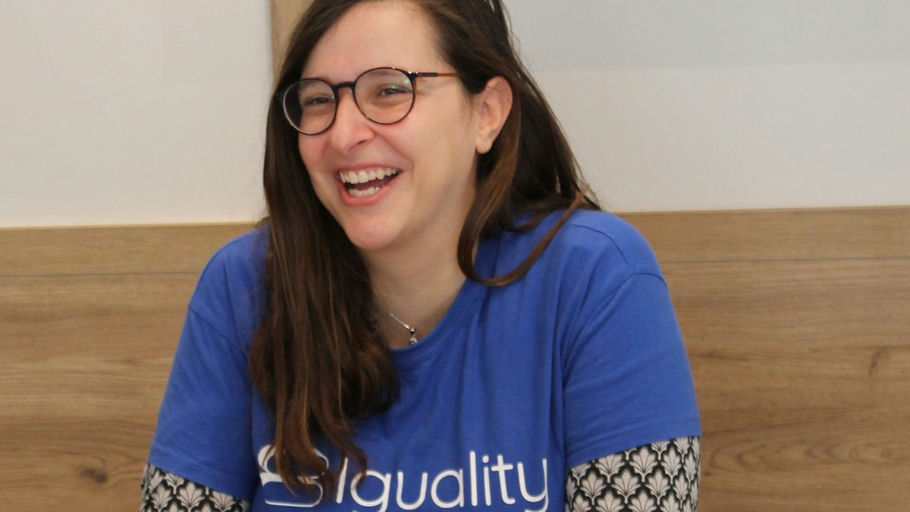
June 24, 2025


In order to better understand her need for mental health support, Cristiane tells us about the various reasons for moving to Spain. The fact her partner already lived there was part of the reason, but maybe more importantly, it was the freedom and more open way of life what initially attracted her to make the move.
In Brazil she had experienced less equal opportunities for women first-hand, especially in her work environment. Regardless of her hard work to get ahead, it was common for men to get the higher positions, leaving her with a feeling of stagnation. Worldwide, or even in companies in countries where progress has been made, women’s rights are still a work in progress. Migrating to Europe therefore became a realistic and necessary move for her, and she decided to leave Brazil in 2020.
The move to improve her quality of life was more difficult than expected, also due to the fact that Cristiane had moved during the Covid-19 pandemic quarantine, which was strictly enforced in Spain. Adapting to a new country as a migrant is in itself a major cause of mental health problems, but this confinement, living in a small flat with her partner, also led to a lack of freedom of movement in many ways. Combined with the novelty of adapting to a new country, the confinement led to the first signs of her anxiety.

Induced anxiety during this period was something that affected a larger proportion of the population in Spain. Although more research is needed to determine the long-term effects of the pandemic, the immediate effects in 2020 showed an increase in anxiety and depression. Without a wider community of support, and unable to afford therapy, Cristiane found the support she needed through Iguality.
Reflecting on the provided support by the Iguality team, therapist Luciana played a key role in her improvement:
“She helped me to solve some challenges and to believe in myself. “
Also Coni, who helped Cristiane to regain an orderly structure for the future of her life in Barcelona and overcome discouragement and stress. Finally, Gisela, who, through art therapy, rekindled her passion for art and ensured that she felt heard. Each of them played a crucial role in addressing the areas that caused her anxiety and gave her the tools that she needed to overcome them.
“I really don’t have the words to describe what it has meant to me. “
At the end of the interview, looking back at her mental health journey, Cristiane stressed the importance of seeking support in times of difficulty. Having a support system is essential for a good quality of life, which can easily be reduced when moving or adapting to a new life structure. One’s support system may be different from another’s, and sometimes that support may be that of professional help, but getting any form of support is essential sometimes. In Cristiane’s case, due to the lack of her own support system in a foreign place, Iguality’s guidance, tools and encouragement “has made a difference”.


Stay up to date on our work, our awareness raising and advocacy efforts, our latest publications and of course, all our (sports) events by giving us a follow on social media or subscribing to our newsletter.
Stay up to date on our work, our awareness raising and advocacy efforts, our latest publications and of course, all our (sports) events by giving us a follow on social media or subscribing to our newsletter.

June 24, 2025

May 21, 2025

December 30, 2023

May 11, 2025

June 26, 2025

November 1, 2023

January 21, 2024

December 15, 2023

May 13, 2025